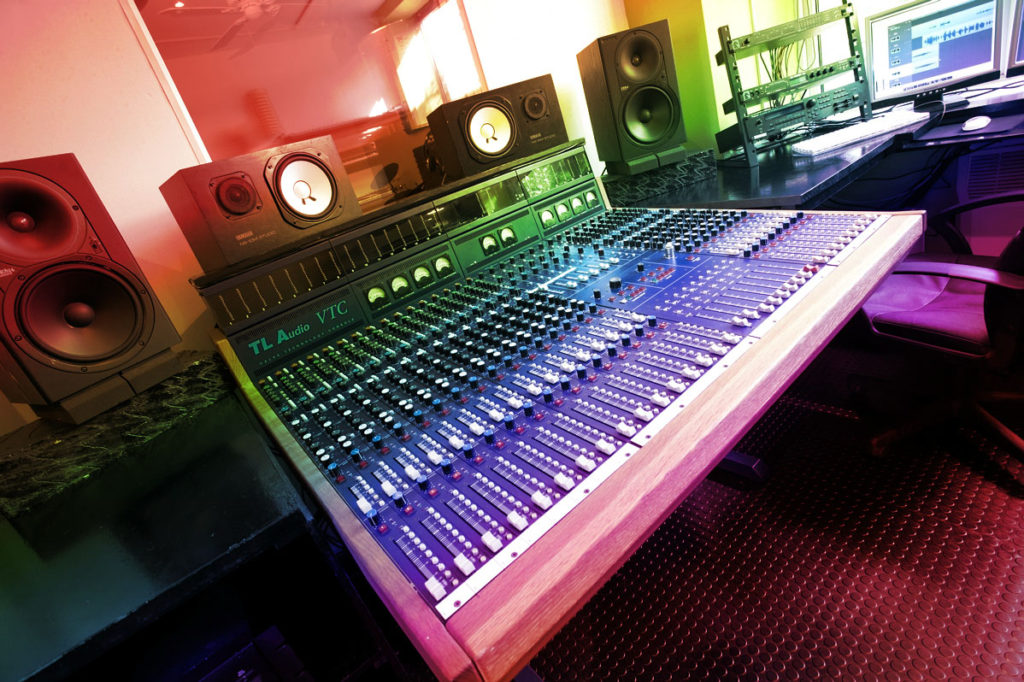
Today, you can study just about anything at college level. This includes the industry of digital audio technology. Audio engineering colleges are designed to ready people to become experts in the field of sound. And, as the world of music changes, so does the world of audio engineering. Today, therefore, the focus is very strongly on digital technology, which means that the tools and equipment that have been used to produce music for generations, are computerized and, often, even online. Without sound, there is no entertainment, and this just goes to show how important the role of the audio engineer is – and how many job opportunities exist.
Choosing a Good Program
If you want to become an audio engineer, it is very important that you find a program that provides proper instruction on the theory and concepts behind this type of work. At the same time, however, you must have plenty of opportunity to properly practice the skills that you have learned. A few key issues to look into when comparing schools, therefore, include:
- How much classroom instruction is given in percentage of total time.
- How much practical instruction is given in percentage of total time.
- The type of equipment that the school has for you to practice on.
- Whether the school will require you to complete an internship in the field to gain further practical experience.
Careers for an Audio Engineering Degree Holder
Once you have completed your degree, there are various career options available to you. Those include:
- Music producer
- Location recorder
- Dialogue editor
- Music editor
- Media entrepreneur
- Studio manager
- Post-production manager
- Broadcast engineer
- Live sound engineer
- Studio manager
- And so on
What this list of job opportunities demonstrates is the breadth of the music industry as a whole. As an engineer, you could work for record labels, but equally for live music venues, television stations, radio stations, or even for music schools!
Audio Engineering Is a Technical Art
Art, in essence, does not follow any rules. The artist makes the rules, while bending existing theories. As such, some say that audio engineering is not an art. After all, it follows set rules in terms of what does and does not sound right, and in terms of how to use equipment. But others say it clearly is an art – painters, for instance, follow rules in terms of which colors do and do not look right, and they learn how to use equipment. Audio engineering, therefore, is an art, and a good audio engineer pushes the boundaries of what is understood about sound, to create something completely new and never heard before. At the same time, audio engineers require technical skills, and now also digital skills. This is what makes this field so unique, because it requires the skills of a “right brain thinker”, but equally those of someone who is a “left brain thinker”. If that sounds like you, if you are someone who is both creative and scientific, then this could just be the field for you.